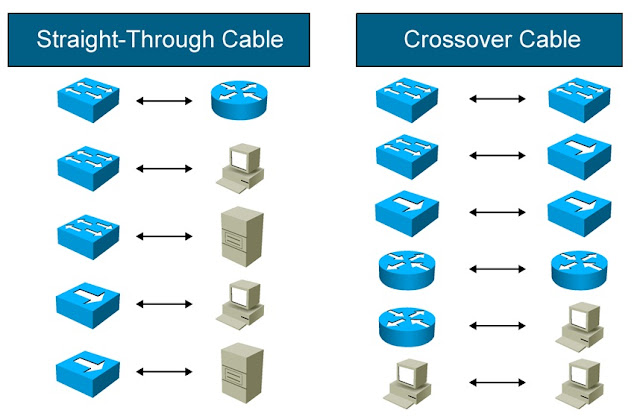HOW TO BE A RESPONSIBLE NETIZEN?
Communication plays a significant role in our lives. Nowadays, communication have been much more easier because of the advancement of technologies. The Internet provides information and data that is much more convenient than spending ages browsing books. Technology continues to advance in a point where it allows us to communicate efficiently with people. However, as everything is in a fast pace, the negative effects rapidly increase. The Internet is being used as a tool to harm someone behind the screen. Many people are constantly being victimized in cases of cyberbullying, online harassment and cyberstalking, etc. As the Internet continues to evolve and become much more capable, we need people to keep their manners behind the screen because the Internet is supposed to be used as a platform for spreading positivity and kindness towards each other. So here are some tips that can help us be a responsible netizen.
Before proceeding to the tips we need to know what is a netizen?
A netizen is the term for citizen of the Internet and it refers to the user of the Internet.
Netiquette is referred as the good behavior online.
The following are netiquettes that can help us be a responsible citizen of the net:
1. Be a human.
Always remember that the netizens are still people behind the screen so always be polite and kind as possible because like you, they also have feelings. So don't be judgmental and treat others like you would want other people to treat you. Respect is the key!
2. Be aware of what you post online.
Social media may be a great way to vent out and rant all the frustrations you're feeling but before posting online, check the diagram below if what you're about to post is worth posting!
3. Be careful of what you say.
When interacting online, be aware of what you might post because that post can cause future embarrassment and remains there forever. Therefore, be more mature and attentive when interacting on social media.
4. Be mindful of privacy.
Be certain of who you trust with your private information. Make sure that this person is reliable and trustworthy before entirely giving out information that can be used against you.
Be certain of who you trust with your private information. Make sure that this person is reliable and trustworthy before entirely giving out information that can be used against you.
Nowadays, it is very easy to record everything that's happening especially with just a screenshot. A screenshot is very powerful if you use it against someone. Example of this is sharing a screenshot of a private conversation with someone and use this as a leverage to threaten and blackmail them.
Remember the golden rule: “Do not do unto others what you don’t want others to do unto you”.
Remember the golden rule: “Do not do unto others what you don’t want others to do unto you”.
5. Be truthful and Avoid sharing fake news.
Don't share anything you're not sure especially if the information is not backed up with evidences and the site is not particularly reliable.
Don't share anything you're not sure especially if the information is not backed up with evidences and the site is not particularly reliable.
6. Do not engage in cyberbullying.
Cyberbullying is a harassment and abuse happening online. It may be through leaving hateful comments on someone's profile, sharing someone's private information without their consent and any actions that may hurt someone and lessen one's confidence. Curious Cat is a platform that enable users to ask anything to someone anonymously. However, some users use this as their advantage to harass and demean someone by leaving inappropriate and hateful remarks. Hopefully, Curious Cat will do something about this. So for now, let us be a well-mannered citizen of the net and don't bully someone!
7. Don’t abuse your power.
People of the Internet can be easily influenced with what they've read online so be the bigger person and don't let your power consume you.
8. Read beyond the headline.
Before sharing posts on social media, Make sure to check if the source is reliable and if the information is backed up with evidence. Read the guide below for additional information.
9. Avoid sharing unverified reports on social media.
In times of emergencies, social media can easily get flooded with irrelevant information. Help reduce the noise by not spreading unverified information on social media and save lives.
Always keep in mind that we are in control of what we post on the Internet and it can somehow effect someone either positively or negatively so always remember not to share everything that's happening in our lives for safety reasons.
Site:












Comments
Post a Comment